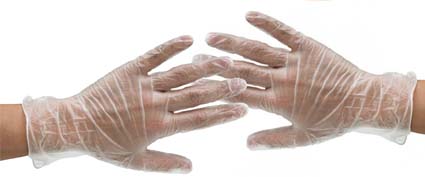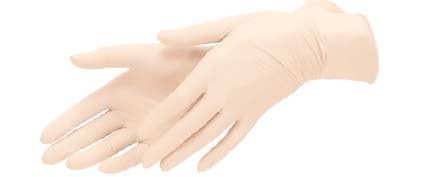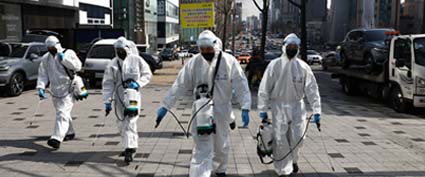Blog
blog - news
Nitrile gloves
Nitrile gloves offer not only a superior level of protection against certain oil-based chemicals, but they are also highly puncture-resistant, versatile and robust
Read More
Vinyl gloves
Vinyl gloves are a less costly option than nitrile and latex gloves, on a per-glove basis. These types of gloves are generally preferred in industries such as food processing, where durability and protection are less critical factors.
Read More
Latex gloves
Latex gloves, made from natural rubber, are traditionally preferred by those working in medical fields, where a high degree of flexibility and sensitivity is required.
Read More
What do nitrile gloves protect against?
Workers in almost any field can come into contact with hazards. Whether preparing food, working in manufacturing, handling electronics, or working in healthcare, protective gloves play an essential role in risk management.
Read More
Is possible Preventing and mitigating COVID-19 at work ?
Transmission of SARS-CoV-2, the virus that causes COVID-19, has occurred in a wide range of workplaces outside of healthcare facilities. Policies aimed at protecting workers serve to help prevent community transmission of the virus and protect national economies by maintaining open and safe workplaces.
Read More
Is the vaccines safe for children ?
Vaccines are usually tested in adults first, to avoid exposing children who are still developing and growing.
Read More
Are vaccines enough to protect people from covid-19 and other diseases ?
The COVID-19 vaccines are expected to provide at least some protection against new virus variants and are effective at preventing serious illness and death. That’s because these vaccines create a broad immune response, and any virus changes or mutations should not make vaccines completely ineffective.
Read More